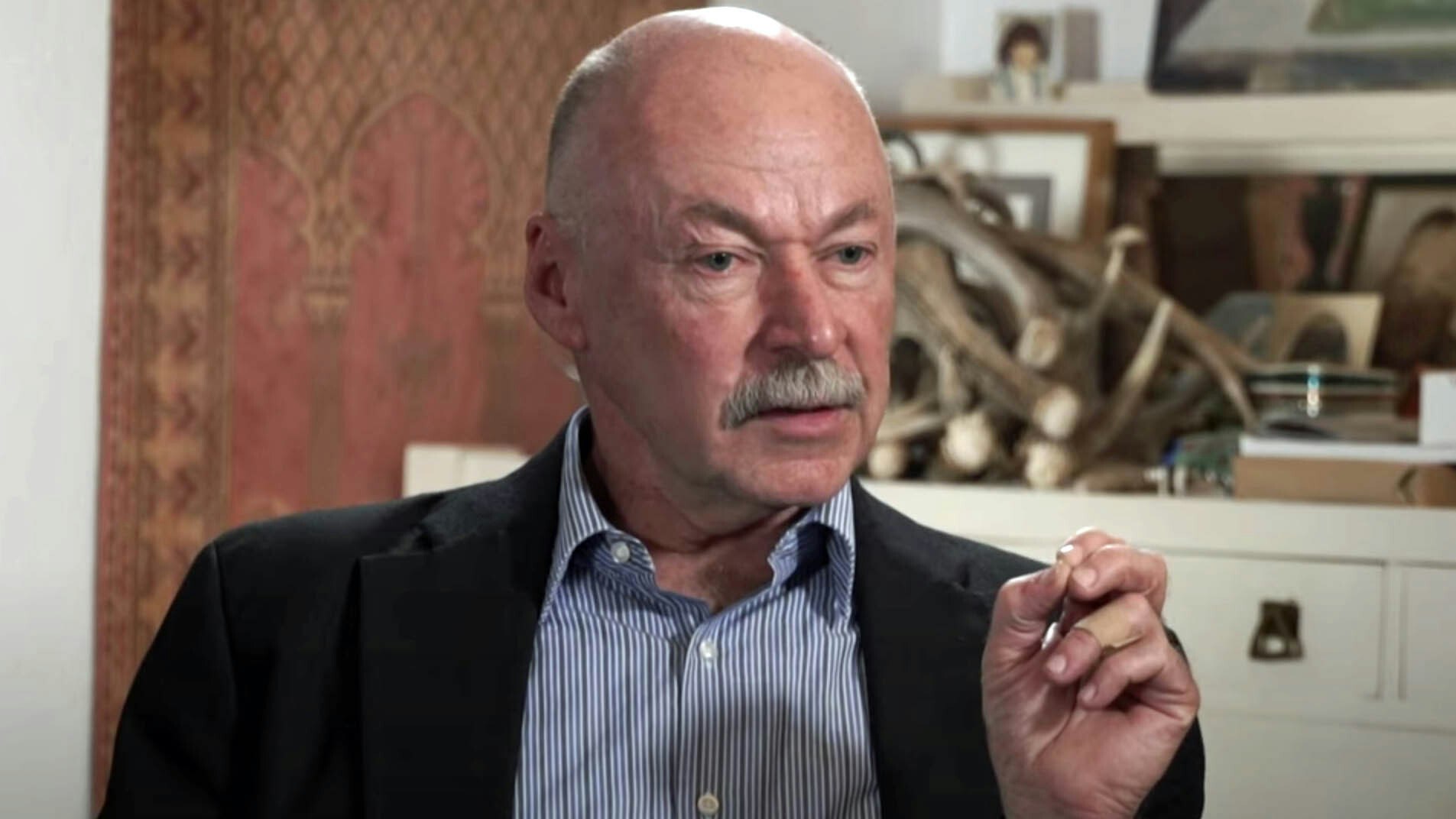Longtime state Sen. Cale Case, R-Lander, thinks that next week’s legislative special session regarding vaccine mandates is a bad idea, he told Cowboy State Daily on Wednesday.
“I don’t agree with the federal mandates on employers and I want to be clear about that,” Case said. “But I don’t see a legislative path to fix that.”
The Legislature is to begin a three-day special session on Tuesday to formulate the state’s response to President Joe Biden’s mandate that government workers, health care employees and employees at companies employing more than 100 people receive the corronavirus vaccine or be tested regularly for the illness.
Before any work can begin, the rules spelling out how the session will proceed will have to be approved by two-thirds of the legislators.
Thirty-five Wyoming representatives and 17 senators voted in favor of holding a special session, while 12 representatives and seven senators voted against holding one. Case was one of the senators who voted against the session.
The Biden administration has not yet issued the rules that will be required to put the mandate into effect and Case said that is the biggest argument against holding a special session.
“I think we run the risk of putting our Wyoming employers in a squeeze between state and federal policy,” he said.
Case added that the Wyoming Legislature cannot hold a special session every time “a bunch of people get mad at something that happens.” He said many Wyoming voters who have pushed for the special session do not fully understand how the legislative process works.
“I’ve actually had people tell me that we can nullify a federal law, because all we have to do is pass a law that nullifies it,” Case said. “I assure you, we can’t do that.”
Gov. Mark Gordon and Attorney General Bridget Hill are preparing to file a legal challenge on Wyoming’s behalf once the rules are completed, which Case totally supported.
“I think we are in the realm of overreach by the federal government and I think in the end, it is the legal efforts that we join with other states that will be successful, not these special sessions,” he said.
Case’s stance is in opposition to that taken by many of his colleagues.
Sen. Anthony Bouchard, R-Cheyenne, was one of the senators who voted to hold the session and he announced his position by posting a photo of his ballot to social media, along with a post-it note containing a message to legislative leadership.
“We now need a special session because the Republican establishment killed my bill on the same subject,” Bouchard wrote on the ballot. “Of course I will vote yes on the special session. Don’t Fauci our Wyoming!”
Rep. Chuck Gray, R-Casper, also voted for the session.
“The dates of October 26-28 have also been scheduled for the special session, which would allow us to pass a bill banning mandates before the Banner Health deadline goes into effect,” Gray wrote on social media. “This is great news for our state! We must stop these radical vaccine mandates.”
Banner Health, one of the largest U.S. health system employers, is requiring its employees to be vaccinated against the coronavirus by Nov. 1 to keep their jobs. The organization announced this mandate in July.
Banner Health operates multiple health care facilities in Wyoming, including the Wyoming Medical Center in Casper and clinics in Torrington, Wheatland, Guernsey, Douglas, Worland and more.
No other Wyoming-owned hospitals or health care systems in the state have implemented a vaccine mandate, although some, such as Cheyenne Regional Medical Center, have created incentive programs for employees who do get vaccinated.
Banner officials said the company is implementing the requirement for several reasons, including the rise of the Delta variant of coronavirus, the need to protect its patients and workforce and to prepare for flu season.





